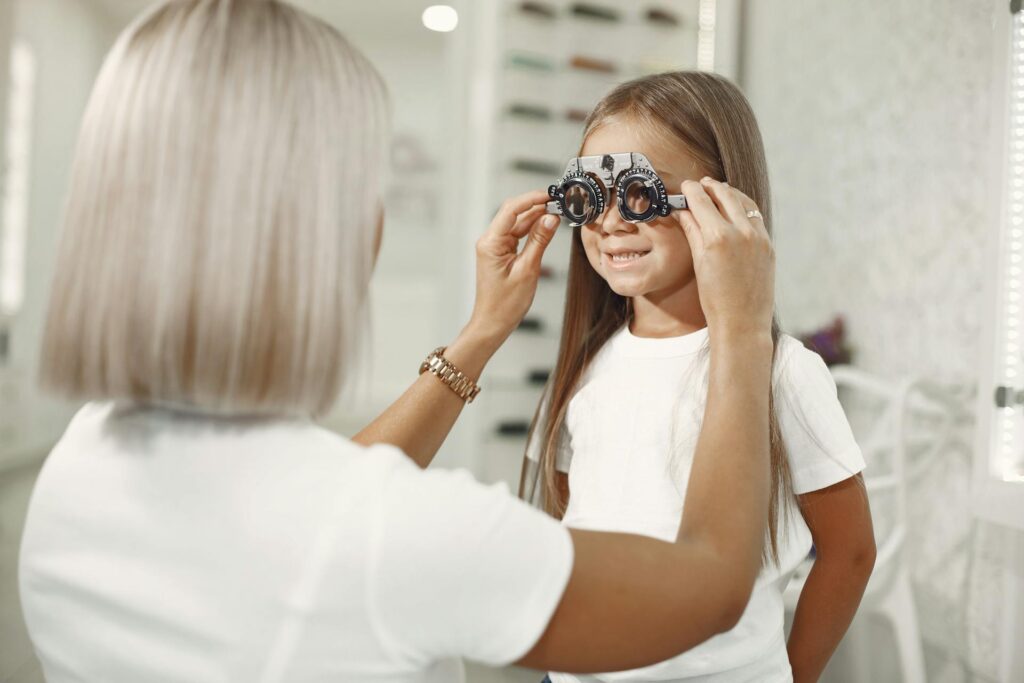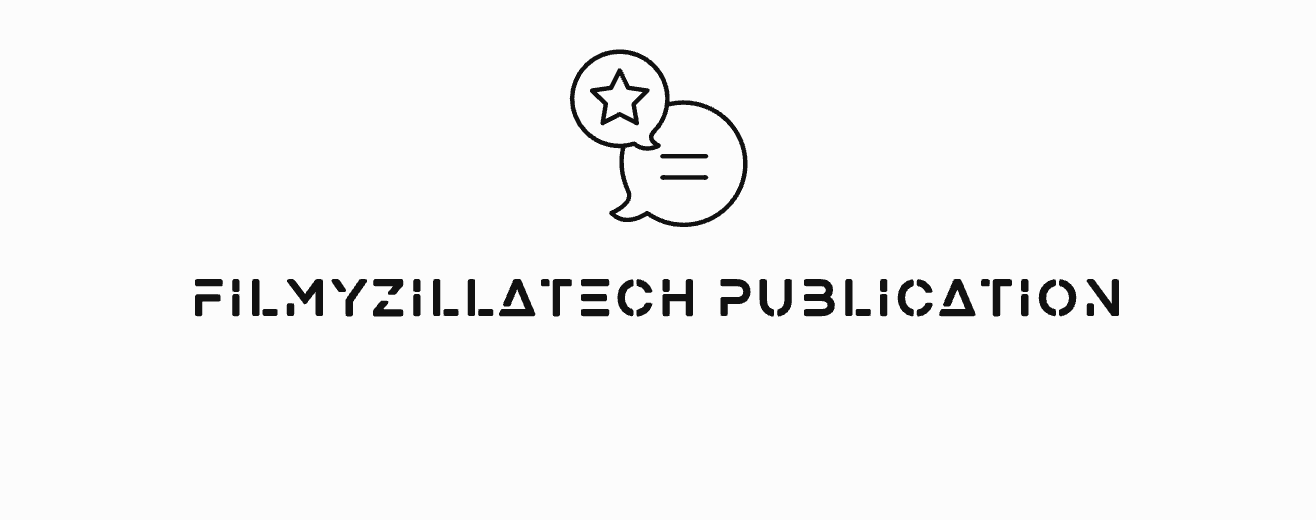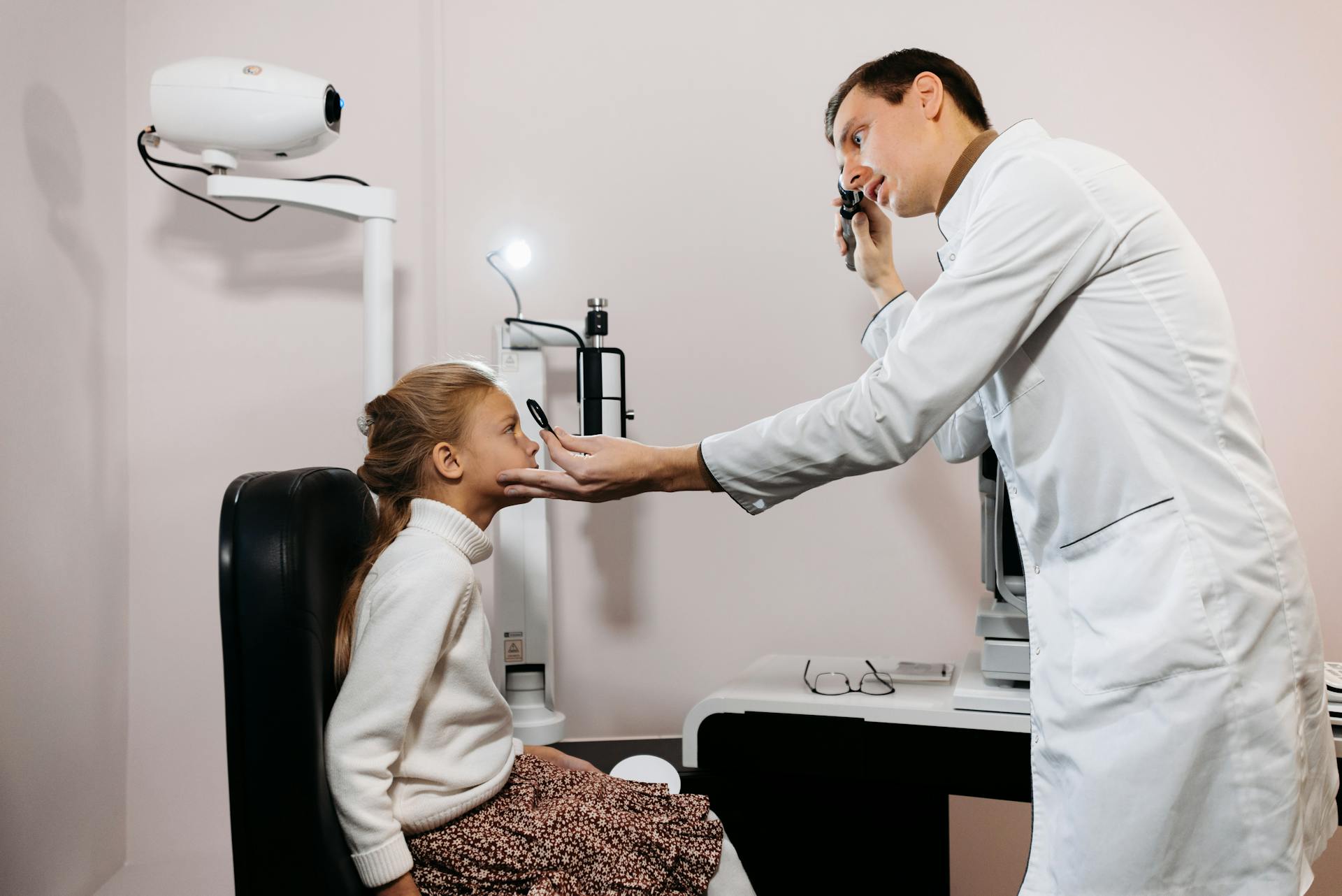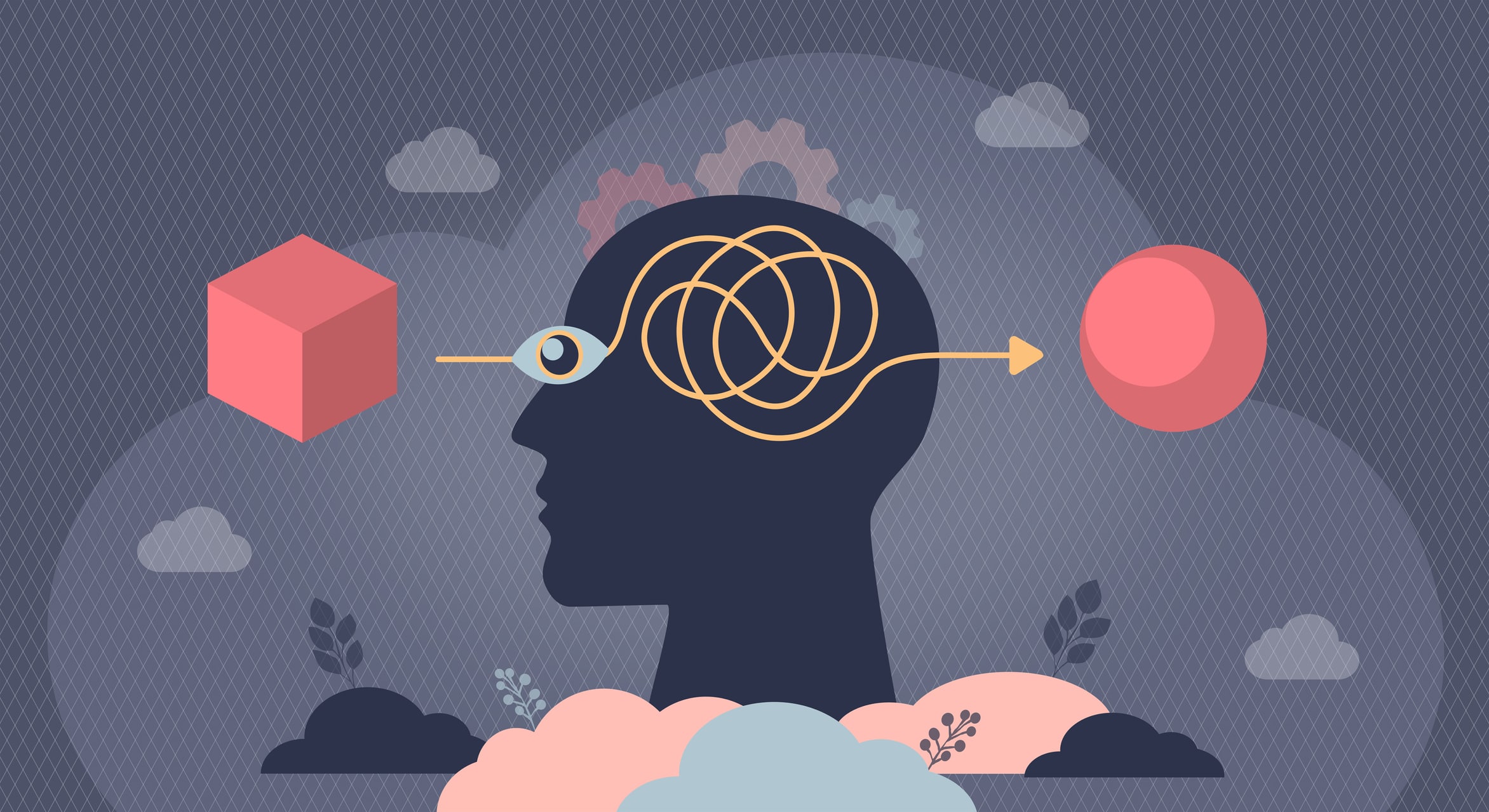With the availability of online resources and apps designed to test vision at home, many individuals wonder if these methods are as effective as visiting an eye care professional. While home vision tests can be convenient for monitoring changes in your vision and are helpful for alerting you to potential issues, they are not a substitute for a comprehensive exam performed by an eye doctor. This article explores the effectiveness of home vision tests and their limitations compared to professional eye care services.
Understanding Home Vision Tests
Home vision tests typically involve using printed materials such as a Snellen chart or using digital applications that can assess aspects of visual acuity, color blindness, and sometimes peripheral vision. These tests are designed to give a preliminary assessment of one’s ability to see clearly at distances and differentiate colors.

Capabilities of Home Vision Tests
- Convenience and Accessibility: The primary advantage of home vision tests is their convenience. They can be conducted anywhere and at any time, helping individuals who may have difficulty accessing professional care due to geographic or mobility constraints.
- Initial Screening: Home tests can serve as an initial screening tool to identify changes in vision. They can alert someone to potential vision problems that require professional evaluation.
Limitations of Home Vision Tests
- Lack of Comprehensiveness: Home vision tests are limited in scope. They do not assess the health of the eye, such as the condition of the retina, the optic nerve, and other structures critical to healthy vision and overall eye health.
- Accuracy Concerns: The accuracy of home tests can be influenced by several factors, including improper setup, lighting conditions, and user error. These factors can lead to misleading results.
- No Diagnostic Capability: Home vision tests cannot diagnose the cause of vision problems. Conditions like glaucoma, cataracts, macular degeneration, and diabetic retinopathy can only be diagnosed through comprehensive exams that use specialized equipment.
Professional Eye Exams: The Gold Standard
- Comprehensive Assessment: Eye doctors use sophisticated diagnostic tools to evaluate the health of your eyes comprehensively. These exams can detect eye diseases and conditions that do not have obvious symptoms in their early stages.
- Personalized Care and Expertise: Eye doctors provide personalized care tailored to individual health needs, lifestyle, and risk factors. They can offer professional advice on managing conditions, preventing eye disease, and choosing appropriate corrective lenses.
- Follow-Up and Management: Unlike home tests, professional exams include follow-up care. Eye doctors monitor changes over time, manage any developing conditions, and adjust treatment plans as necessary.
When to Use Home Vision Tests
- Between Regular Check-ups: They can be useful for monitoring known conditions or checking if a previously prescribed vision correction is still effective.
- Noticeable Changes in Vision: They can help determine if there is a need to schedule a professional eye exam sooner than planned.
While home vision tests can be a useful tool for initial screenings and convenience, they are not a replacement for a professional eye exam. Eye health involves complex systems and requires the expertise of qualified eye care professionals to ensure proper diagnosis and management of eye diseases. Regular eye exams are crucial and cannot be fully replicated by home methods. If you have concerns about your vision or eye health, the best course of action is always to consult with an eye doctor.





